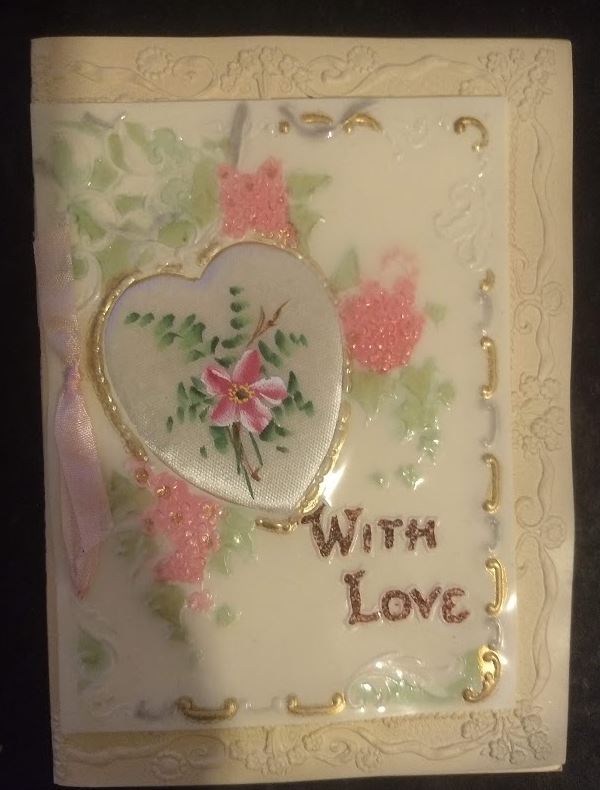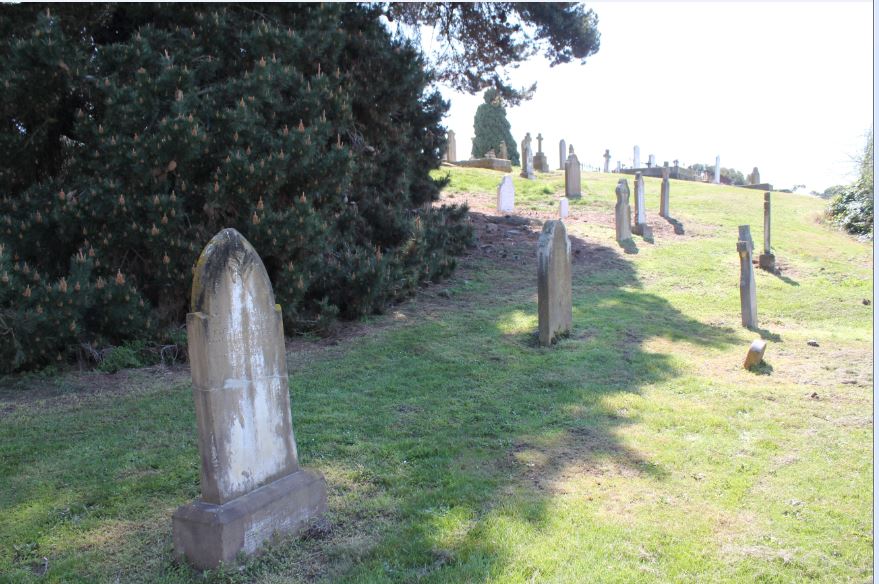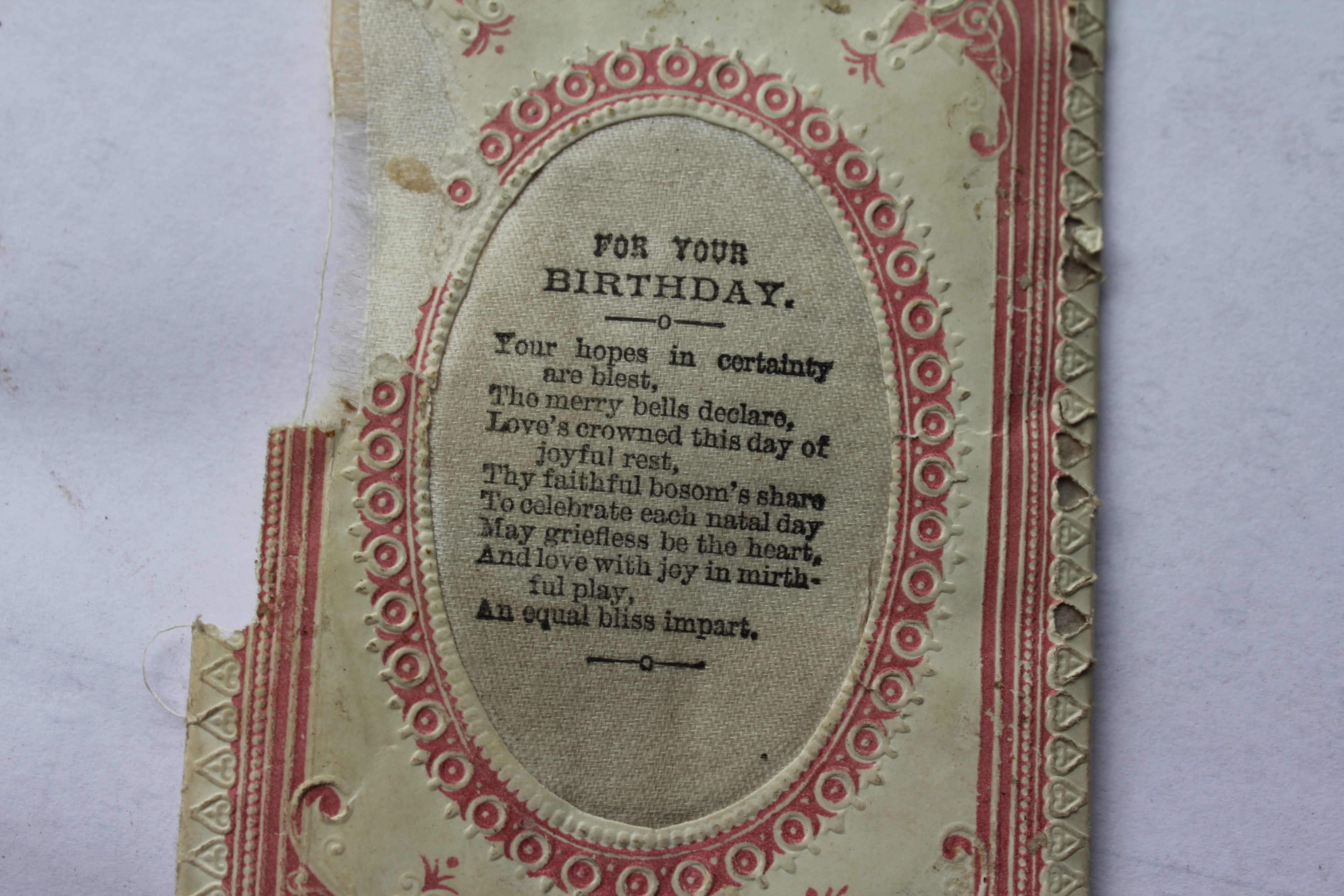
Some of my readers may know that I work for a family based funeral service. We are in a small city on the edge of the Australian outback and our nearest competitors are almost 100km away. Because of this we become very personally acquainted with the local families. Along with the doctor, their church and their teachers, we see them regularly when we bury their loved ones. It’s not like the big cities where this is just a job. It’s a true vocation for us.
We are never off duty. We meet our families every day at the shop, at the hairdresser, at the doctor’s. We are on call seven days a week and we don’t stop for any public holiday. We feel very privileged to be playing the role that we are and whatever we have agreed to do as part of the burial, we do – to the very letter.

Among other duties, I prepare bodies for burial or cremation. I take the clothes and objects that the family brings to us, I spread them out on a table to see what I have, I review any special instructions. Then I follow those instructions to the letter.
As long as nobody will be harmed and there is no legal obstacle, whatever is given to us to include with the deceased person will be placed in that coffin.
His favourite handkerchief in his pocket? Absolutely.
The gold ring on her left index finger, the pearl ring on her right ring finger and the topaz anklet on her right ankle? Not a problem.
Hair brushed back with a left parting, wearing a kilt with all his military badges pinned to his tie? Easy done. A photograph of the family dog in his hands and a sprig of rosemary under his chin? Even easier.
It’s a pleasure to prepare a loved one exactly as the family would like.

But the family bibles break my heart. We don’t see many, thank goodness, but it does happen.
I would very much like to suggest to everyone that a family bible should not be buried with a body.
I know I’m preaching to the choir here, but I need to get this off my chest. A family bible is a family commitment. It’s a vote of confidence in the family by those earlier generations. It’s the manifestation of a belief that this family has value and longevity. That all the sacrifice and hardship that one person does will be worth it, because those who will be born in future generations can reap the benefits.
Someone, sitting there writing their child’s birth in the 1860’s into that bible, imagined that child’s great grandson or daughter writing in their own child’s birth in the same way. I guarantee it. Writing in a family bible is an exercise in connectedness. One sees the continuum of life.

Being a family historian I’d personally go further and suggest that any memorabilia not specifically requested to be interred with the person should be kept. Cards, prayer books, letter’s from great grandma, handcrafted lace tablecloths, pocket watches, original photographs – to me, all such items belong to a whole family, not a specific member of it.
I certainly understand that some items have particular significance to the newly deceased and there is a case for that object going with them. There’s no more to be said in this case. And it can be very healing for whoever is left when this is done.
But that’s not what I see most of the time. This is often a decision by younger members of the family, not a request from the deceased.
So this is a brief post to tell everyone – if you don’t have reason to believe they wanted it buried with them, it’s all right to hold on to an item. It’s a respectful memory to keep of the deceased person. I’m particularly speaking to those reluctant executors who are bowing to pressure from more aggressive family members. Who want to do the right thing but are not sure what the right thing is.

Having responsibility for organising a funeral is harder than anyone can imagine if they haven’t experienced it. You will be feeling uncertain. You will be anxious. You will be overwhelmed and feeling pressured from fifty directions at once. But some of you would like to keep that family bible only there’s so much going on that you can’t withstand the one or two vocal proponents for encoffining with the deceased.
If the item is of great value, you are not being a vulture. People don’t say that as often as you might fear. The legacy of the family is important, do frame your desire to keep an object in these terms if you are concerned.
Don’t be too sure that the deceased really wanted it with them. If they kept it safe for the last seventy years, they possibly hoped someone else would take over their cherished duty.
And – this is a contentious one – don’t think it’s best to send it with the deceased to avoid family from squabbling over it. Or to prevent Cousin Jack from taking the item and selling it on ebay. Yes, that would be an utter tragedy and yes, your deceased family member might turn over in their grave. But as long as it’s out there in the world you have the chance to get it back. Awful that it would come to this, but – it’s still better than losing it altogether. Maybe you can buy it at great cost in twenty years time for a lot of money. An dreadful thought, I know. But still better than allowing it to vanish from the world altogether.

Even in these days of excellent records, we are likely to vanish. All of our digital records can be wiped at the press of a button. In Australia companies are obliged to hold records for seven years only. After that, many are automatically deleted. We receive bills and financial statements by email, we make unrecorded phone calls. How can our family members of 2050 connect themselves with their ancestors of a hundred years earlier?
It’s easy to imagine that those bibles and other objects from fifty years ago are nothing special. It’s just not true. We really, really need them.
Thank you to all for considering this matter in your own lives and for acting as custodian to those valuable physical records of your heritage.
